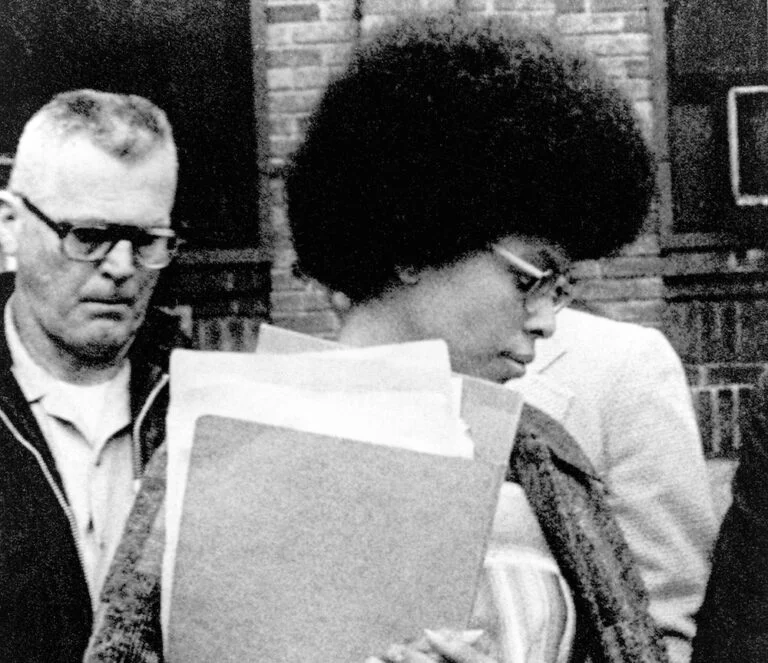
Cuban authorities have announced the death of Assata Shakur, the U.S. Black militant who lived in exile for decades after escaping from prison, where she had been serving a life sentence for the murder of a New Jersey state trooper.
Shakur, born Joanne Deborah Byron and also known as JoAnne Chesimard, passed away in Havana on September 25, 2025, at the age of 78.
The Cuban Foreign Ministry confirmed her death, citing health complications and her advanced age.
A former member of the Black Liberation Army (BLA)—a revolutionary nationalist group active in the 1970s—Shakur became one of the most controversial figures of her era.
In 1973, she and two others were accused of killing State Trooper Werner Foerster during a traffic stop on the New Jersey Turnpike.
Although she maintained her innocence—insisting she never fired a weapon and had her hands raised when the shooting occurred—Shakur was convicted of murder in 1977 and sentenced to life in prison.
Her story took a dramatic turn two years later, in 1979, when she escaped from prison. By 1984, U.S. officials confirmed she had resurfaced in Cuba, where she was granted asylum. Despite repeated demands from Washington, Havana refused to extradite her.
In 2013, Shakur became the first woman ever placed on the FBI’s Most Wanted Terrorists list, with authorities offering a $1 million reward for her capture. She remained one of the most prominent fugitives of the 20th century.
Her death is already stirring renewed debate in U.S.–Cuba relations. Earlier this year, U.S. Secretary of State Marco Rubio accused Havana of “harboring terrorists and fugitives,” posting side-by-side images of Shakur and Trooper Foerster while pledging to hold the Cuban regime “accountable.”
For decades, Cuba served as a refuge for radical Black activists pursued by U.S. law enforcement, including Huey Newton and Eldridge Cleaver of the Black Panther Party.
Shakur, however, became the most famous among them—her name synonymous with both revolutionary struggle and enduring controversy.



